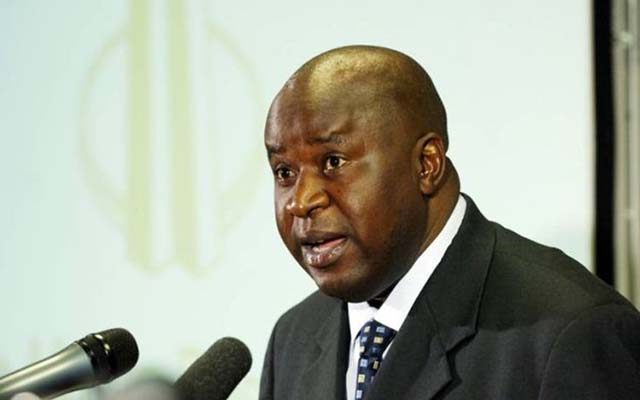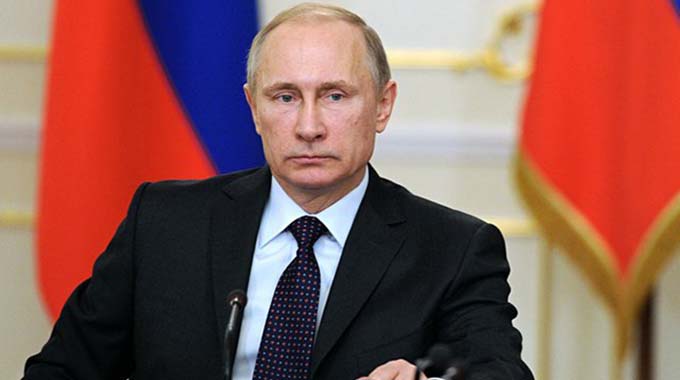Will SA capitalise on emerging market opportunities?

Thirteen days into 2020 and the economic mood is sombre.
Perusing a list of things that have already affected the global economy this year, two stand out: the tension between the US and Iran and the raging fires in Australia.
The severity of these two will easily convince you that this is not a good start to a new year.
It seems humans are hell-bent on annihilating each other, and the consequences of our destructive tendencies are catching up with us.
We live in a society that has knowingly made ruining everything acceptable. What’s next?
Last year, I pondered on the possibilities of a global recession on the back of a struggling carrier of the EU economy — Germany.
I wonder, from an economic point of view, what issues you believe will subject the South African economy to either more punishment or a reprieve from pressure.
Here are a few reasons . . .
The South African economy will be negatively affected by the unending Eskom load shedding crisis and drought.
The former has a direct bearing on Finance Minister Tito Mboweni’s budget for the year: will the government carry on maintaining the ailing state-owned entity (SOE)? In turn, will that be sufficient to avoid a ratings downgrade?
Secondly, drought reduces crop yield, with the result that supply falls and food prices rise.
Whichever way these two scenarios turn out, they will have a bearing on the rand — good or bad.
Consider the damaging consequences of Eskom’s inability to meet demand on the mining sector, with power outages forcing the closure of underground operations.
This affects productivity and employment.
Irony
It is ironic that the discussion about mining is always dominated by investor caution brought on by legislature ambiguities, yet it is the power supply crisis that is dealing a death blow to an already-struggling sector.
The longer load shedding continues, and the more frequently it occurs, the more likely it is that mining companies will try to minimise their exposure to such risk.
Shareholders are going to demand action and management will be told to either exit South Africa and invest elsewhere, or reduce the wage bill.
It is not difficult to understand the ripple effects of a mining sector that does not have enough electricity to carry out its work.
To stand out — job losses and a decline in mining’s contribution to GDP and Foreign Direct Investment. Economically and socially, South Africa cannot afford either.
Glimmer of hope
When it comes to emerging market volatility, however, there is a glimmer of hope. It lies amid the geopolitical risks posed by advanced economies.
For one, it is clear that emerging market currencies are going to have continuous on-and-off periods of volatility, similar to the past year.
This will mostly be driven by the dollar along with domestic idiosyncrasies that could weaken the performance of an emerging market currency at any given point.
However, on the positive side, the current political bickering and the upcoming US presidential elections could see investors turn to emerging markets, shifting capital until after the elections.
Certainly, the geopolitical tensions are another added factor — most investors are still paying close attention to the US-China trade dispute and Brexit.
Both the EU and US present risks. Furthermore, and concurrent to the US election, there will also be leadership changes in some of Europe’s central banks in 2020.
In particular, the Bank of England will have a new governor come March, and if the markets and public reaction are anything to go by, Mark Carney’s successor is in for a baptism of fire.
Opportunity . . . and obstinacy
These developments, coupled with geopolitical uncertainties and a mixture of unpredictable policy certainties by some of the world’s leading economies, can potentially shift capital to emerging markets.
But the reality is that South Africa, potentially so attractive to investors, seems determined to march straight to its ruin.
How else can the country’s leadership account for carrying on as if the Eskom and other SOEs crises are not a big risk to the economy? Or carry on with politics as if nothing has happened?
Specifically, despite the revelations out of the commission of inquiry into state capture — the crimes that have been committed, including looting from the public purse — no action has been taken, nor has anyone been made to pay back the money.
A ruling party that has failed to put internal mechanisms in place to contain the ambitions of dangerous participants cannot act against such participants, let alone think about the economic future.
For emerging economies, 2020 presents both risks and great opportunities. Other countries will take advantage of the latter. South Africa? I doubt it, even when they see ruin before their eyes, our leaders march straight to it. — Moneyweb.










Comments